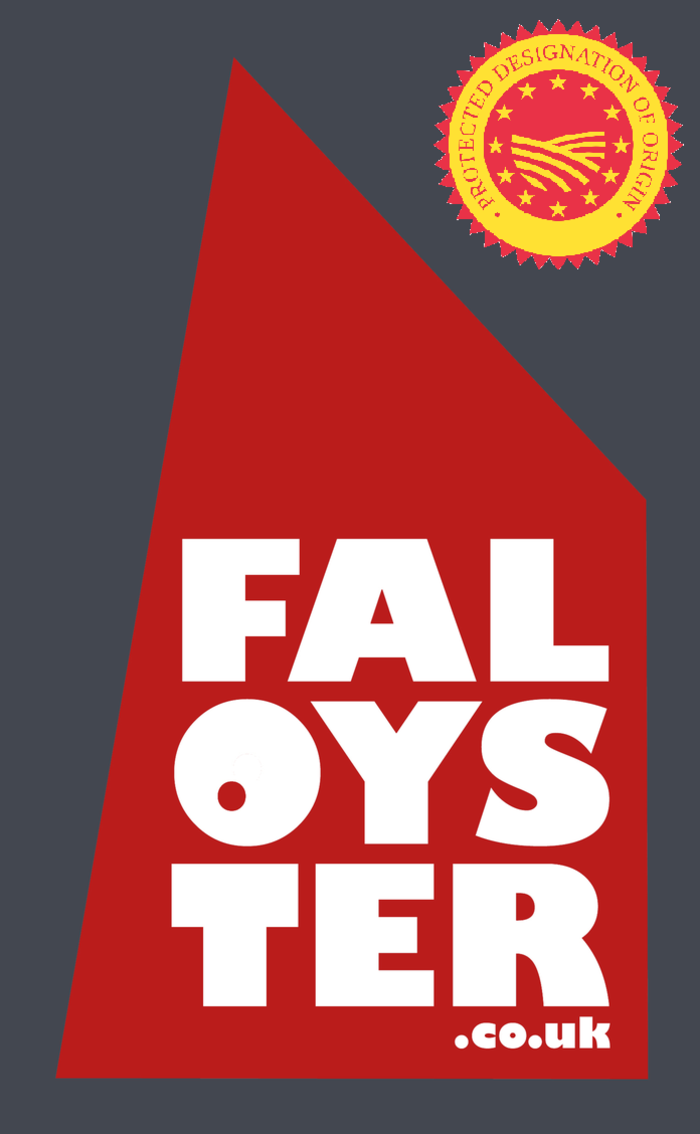March 2019 - Plans for a NEW Fal Fishery Cooperative CIC - Community Interest Company April 01 2020
Fal Fishery Cooperative CIC - A Community Interest Company
A sustainable fishery for future generations
A fairer price to responsible fishers
A better product for consumers
We are looking for members and subscribers from the local community to help us promote the unique fishery and the diversity of species available to us, bringing much needed revenue to our community rather than exporting it to other fisheries via third party companies. 30 tonnes of native oysters exported for just £2.50 per kg is an incredibly ridiculous figure when the real value could be 90 tonnes at £25 per kg if only the majority of fishers could see what could be achieved by working together for a better future.
Processing and marketing our unique produce and delivering it safely to the consumer is something fishers don’t have time to do, so if you think you can offer any time or donate anything to the cause please get in touch with us! As a cooperative of fishers and merchants we are looking to restore the depleting stocks of wild native oysters before the biomass density prevents the fishery from natural recovery.
In the past century the decline of the fishery has mainly been due to the ‘overfishing and storage of juvenile native oysters’ by just a handful of people. Those that have benefitted from the fishery strive to delude new skippers that it is “inefficient methods that make the industry unviable” whilst they greedily fill their buckets and bank accounts. 300 tonne landings from 200 boats has gone down to 30 tonnes and less than 20 boats. In fact it is unlikely that you will see more than just a handful of the unique traditional sailing vessels during the season, which runs from October 1st to March 31st. The majority of those vessels that do go dredging everyday have inboard engines and the skippers have proportioned large areas of the limited number of lays for their own use.
The storage of 15 tonnes of juveniles in the intertidal beaches is a risky one, with estimates of between 20-50% mortality. Imagine the damage to the wild stock population if 300,000 native oysters that are maybe less than 2 years old are killed before they have even had chance to reproduce on what is possibly the last natural native oyster fishery in the UK. Even worse is the needless exploitation and exporting of our prized native oysters, which when produced, processed and packaged within the local community as a ‘Fal Oyster’ would be awarded the very prestigious ‘Protected Designation of Origin’ (PDO) status. The only other PDO in Cornwall is Cornish Clotted Cream, with the Cornish Pasty and Cornish Sardines having a slightly lesser Protected Geographical Indication (PGI) status, due to the fact it can be produced in Cornwall using ingredients (or shoals) that are not from Cornwall.
The Falmouth Oyster festival is a publicly funded private event on private land, run by just a handful of people that exploit the fishery of juveniles during the season, then relay them on beds so that they can be harvested before the season starts, preventing any other vessels from benefitting from the unique festival. The juveniles might survive and if so might grow to edible size, but it is unlikely you will find a prized mature oyster at what is effectively the biggest oyster attraction in the south west!
5 Admiralty Quay, Mylor Churchtown, Falmouth
